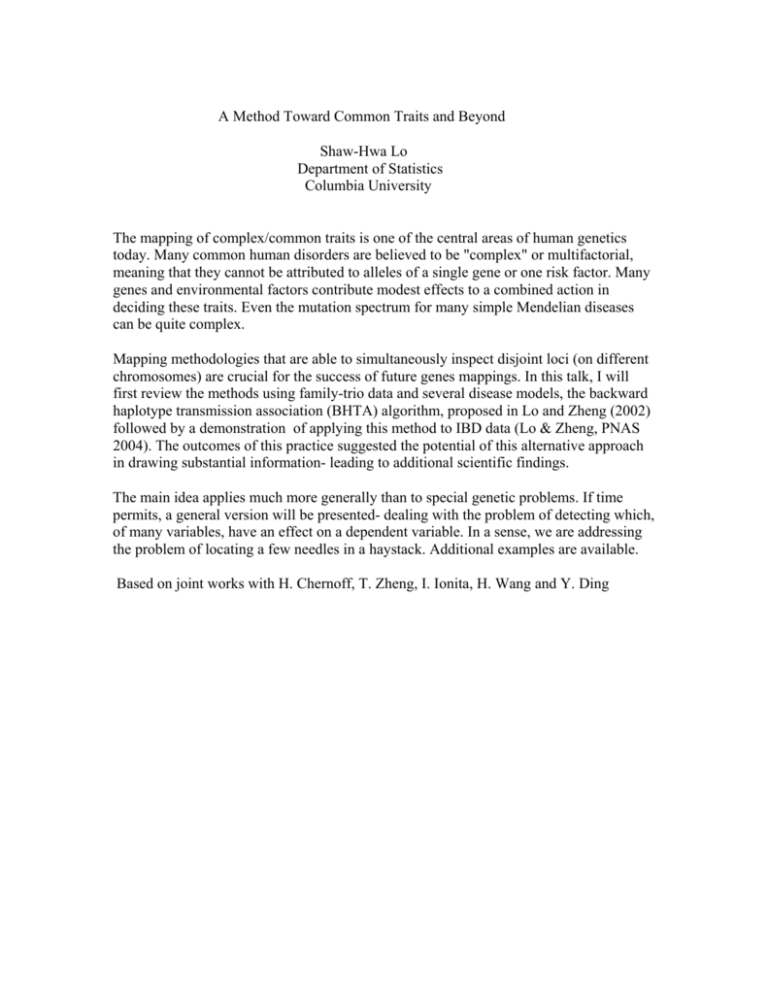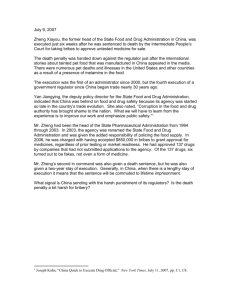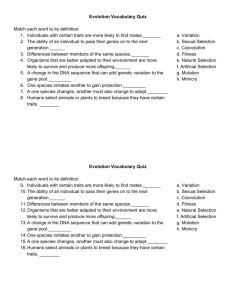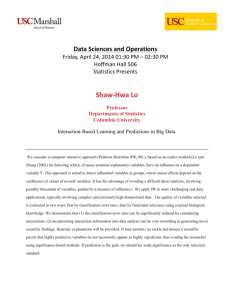A Method Toward Common Traits and Beyond Shaw
advertisement

A Method Toward Common Traits and Beyond Shaw-Hwa Lo Department of Statistics Columbia University The mapping of complex/common traits is one of the central areas of human genetics today. Many common human disorders are believed to be "complex" or multifactorial, meaning that they cannot be attributed to alleles of a single gene or one risk factor. Many genes and environmental factors contribute modest effects to a combined action in deciding these traits. Even the mutation spectrum for many simple Mendelian diseases can be quite complex. Mapping methodologies that are able to simultaneously inspect disjoint loci (on different chromosomes) are crucial for the success of future genes mappings. In this talk, I will first review the methods using family-trio data and several disease models, the backward haplotype transmission association (BHTA) algorithm, proposed in Lo and Zheng (2002) followed by a demonstration of applying this method to IBD data (Lo & Zheng, PNAS 2004). The outcomes of this practice suggested the potential of this alternative approach in drawing substantial information- leading to additional scientific findings. The main idea applies much more generally than to special genetic problems. If time permits, a general version will be presented- dealing with the problem of detecting which, of many variables, have an effect on a dependent variable. In a sense, we are addressing the problem of locating a few needles in a haystack. Additional examples are available. Based on joint works with H. Chernoff, T. Zheng, I. Ionita, H. Wang and Y. Ding











